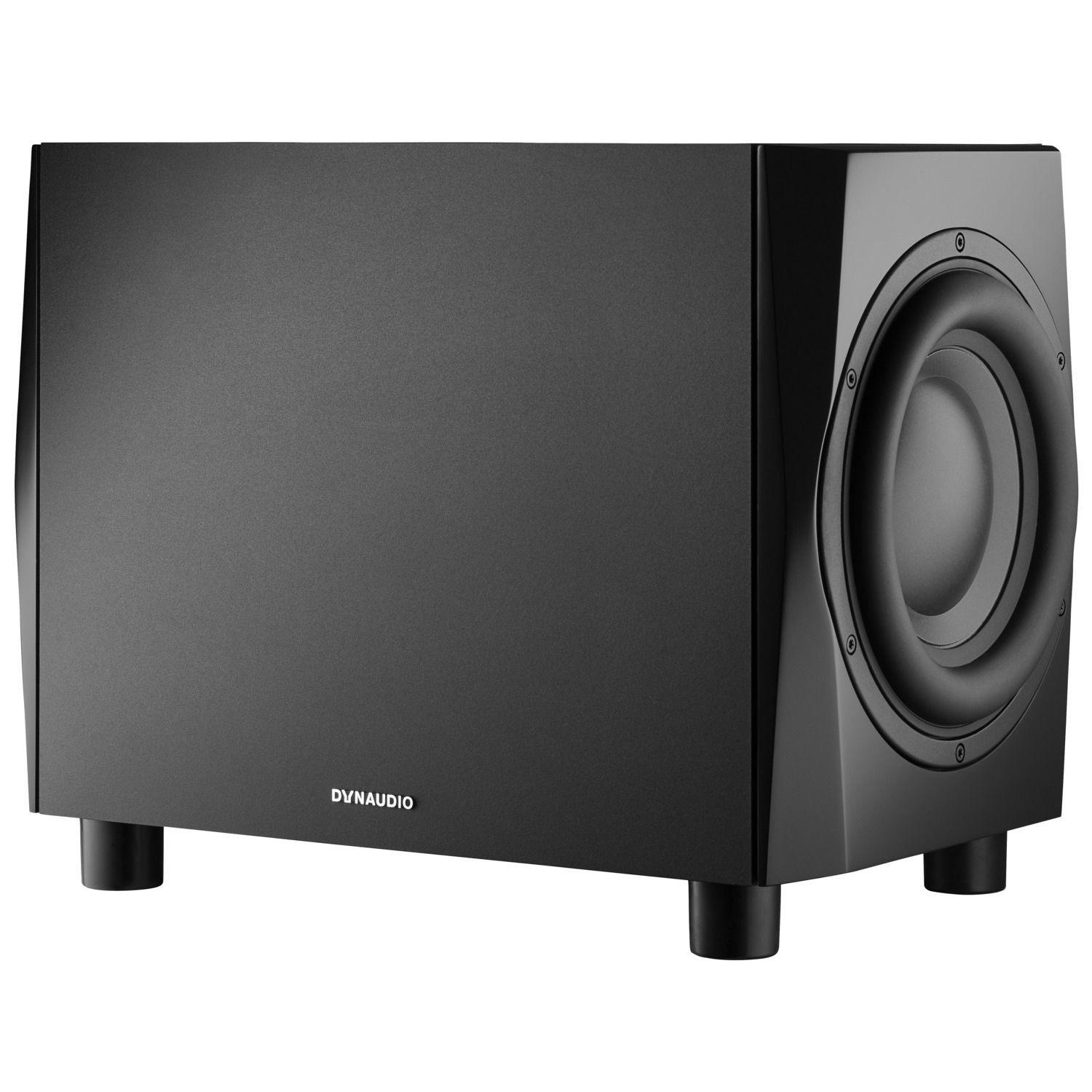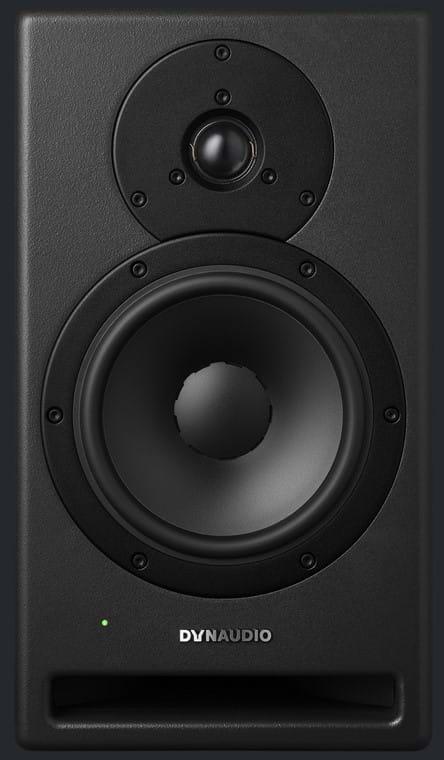Advanced Technology for Professional Monitoring
For most professional studio engineers, the very idea of a compact, 7" 3-way studio monitor sounds nearly impossible. Leave it to Dynaudio to show us how it's done. With extraordinary clarity, tons of headroom, and unbelievable definition across the frequency spectrum, engineers here at Sweetwater have found Core 47 studio monitors show exactly what you can pack in a reasonably small studio monitor.
Highlights of the Dynaudio Core 47 include a 3-way design, with a 7" low-frequency and a 4" midrange MSP (Magnesium Silicate Polymer) driver, and a 1" Esotar Pro tweeter. These speakers are tri-amped for a total of 1,150 watts (500W + 500W + 150W) of amplification — a recipe for extreme headroom. Between its cutting edge waveguide and front-facing bass reflux design, you'll get the kind of focused full-range sound you'd expect from a 2.1 stereo setup, and a wide sweet spot that doesn't sacrifice an iota of stereo imaging. And between extremely flexible mounting options and stellar onboard digital conversion, Dynaudio Core 47 studio monitors are among the finest we've heard.
Esotar Pro tweeter
Sweetwater knows that listening fatigue is the bane of every studio engineer’s existence. Once it sets in, you’re done working for the day. Dynaudio’s Esotar Pro tweeter features an ingenious component — the Hexis device, an inner dome that sits just behind the diaphragm and optimizes airflow, smooths out the frequency response, and eliminates undesirable internal resonances. The result is exemplary imaging, superb transient detail, and effortless extended high-frequency response.
Proprietary MSP drivers
The Core 47’s 7" low-frequency and 4" midrange drivers represent another technological leap forward. Incorporating Dynaudio’s proprietary MSP (Magnesium Silicate Polymer) cone material along with an aluminum voice coil, glass-fiber former, and advanced magnet design, the MSP mid/woofer delivers incredible accuracy throughout its frequency range. MSP provides the best combination of lightness, stiffness, and damping — enabling it to produce tight, deep bass as well as natural midrange detail — all in a single driver for the best imaging and point source localization.
Flexible positioning
To account for placement in a variety of environments — on their sides, vertically, or perhaps even inverted — Dynaudio gave the Core 47 cabinet indentations on all four sides to accommodate special Dynaudio pads that protect the cabinet’s finish and stabilize the speaker on the mounting surface. Core 47 is also compatible with standard VESA mounting brackets or Dynaudio’s custom K&M bracket should you wish to mount them on a wall or ceiling as part of a multichannel or immersive-format monitor system such as Dolby ATMOS.
Precise input sensitivity and output SPL calibration
The noise floor and signal resolution of any monitoring system is critical to its performance. Whether you’re using the Core 47’s analog or digital inputs, you need to be able to control the gain staging between the monitor controller and the speaker system. To that end, Dynaudio gives you a range of 0dBu to +24dBu to match the analog input sensitivity to the output level. Once optimized, the Core 47 processes all analog signals at a 192kHz sampling rate and 64-bit resolution in the DSP (from the 24-bit A/D converter) for the highest degree of mathematical precision.
There’s also a switch to determine the maximum output SPL with the greatest bit depth in the DSP. For the maximum level, set it to 112dB. If you tend to work at quieter levels, choose a lower SPL setting to optimize the bit depth of the DSP for both inputs. When using the AES digital inputs, you must determine which channel (left or right) of the AES stream is used for that monitor. Core 47’s DSP operates at the incoming sample rate and either locks to the digital audio clock or word clock to maintain the most accurate signal possible.
Sophisticated DSP that’s easy to use
When setting up a monitoring system, positioning is critical. That’s why Dynaudio gave the Core 47 two DSP filter switches to address its position and room boundary locations. The DSP is quite sophisticated, but thankfully, it’s easy to use. If you place the monitors on the meter bridge of a large-format mixing console, simply set them to Desk, which will help compensate for the first reflection created by the mixing board. If you mount the monitors in a purpose-built wall, setting the Position 1 filter to Soffit will compensate for the increased low-end response.
You can compensate for the boundary effects created by placing a monitor close to walls or a ceiling by switching the Position 2 filter between Wall or Corner. These filters help compensate for the reflections created by the boundary walls, particularly in the lower frequencies. If you’re using the Core 47 with a subwoofer to extend the low-frequency response, there’s also an 80Hz Linkwitz-Riley highpass filter that can be engaged.
Unique Sound Balance filter
You can also use DSP to alter the overall presentation. The Sound Balance filter differs from the shelving-EQ tweeter and woofer adjustments found on typical active monitors. Instead of simply fine-tuning the tweeter level up or down — which will affect phase response — the Core 47 employs a full-spectrum bandpass filter that tilts depending on your desired tonal response. In the Dark setting, the entire frequency response is tilted so that 20kHz is down by 1.5dB, while 20Hz is up +1.5dB. In Bright mode, the tilt is reversed. This gentle filter maintains the proper phase response between the drivers while providing the overall tone you desire.
A serious tool for the discerning audio professional
Dynaudio designed the Core 47 to be used in a wide range of professional audio production applications: music mastering, mixing, and recording; theatrical re-mixing; editorial and sound design for games — or anywhere you need maximum performance and flexibility in a compact form factor. It can be used for nearfield, midfield, or main monitoring, and even soffit-mounted. Equipped with both analog and digital connectivity, DSP-controlled acoustic response, and versatile positioning, it’s perfect for high-SPL immersive audio and other multichannel formats. Whatever your monitoring needs, the Dynaudio Core 47 delivers unerring monitoring accuracy and low listening fatigue. So what you hear is what you get, no matter how long the session is.
- Power Configuration: Tri-amped
- LF Driver Size:7" Woofer
- MF Driver Size:4"
- HF Driver Size:1" Tweeter
- LF Driver Power Amp:500W
- MF Driver Power Amp:500W
- HF Driver Power Amp:150W
- Total Power:1150W Class D
- Frequency Response:37 Hz - 31 kHz (- 6 dB), 44 Hz - 27 kHz (+/- 3 dB)
- Crossover Frequency:475 Hz (LF/MF), 5250 Hz (MF/HF)
- Maximum Peak SPL:112 dB SPL @ 1m
- Input Types:1 x XLR, 1 x XLR (AES/EBU)
- USB:1 x Type B
- Enclosure Type:Front Ported
- Enclosure Material:MDF with Double Front Baffle
- Height:9.4"
- Width:15.3"
- Depth:14"
- Weight:33.3 lbs.

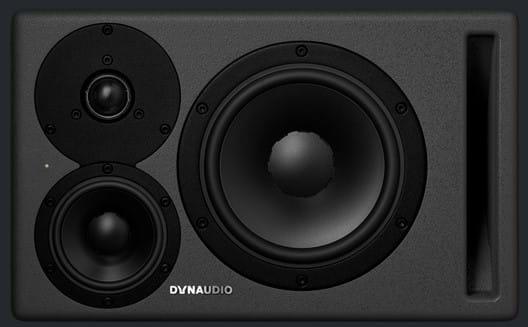
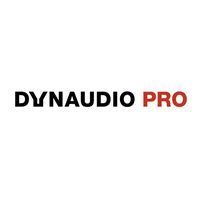
.jpg?width=152&height=190&store=vi&image-type=small_image)
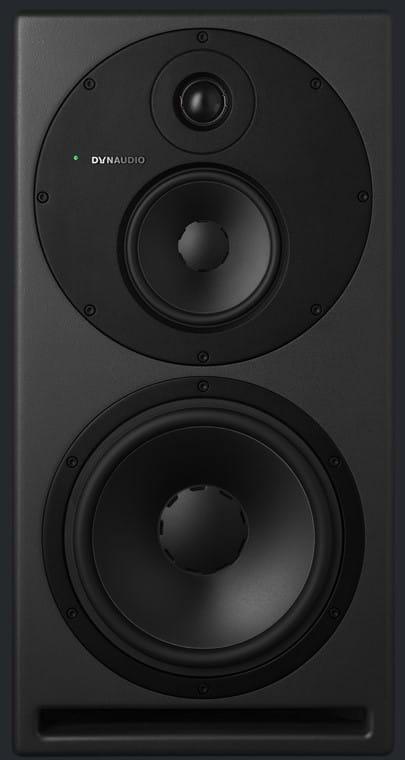
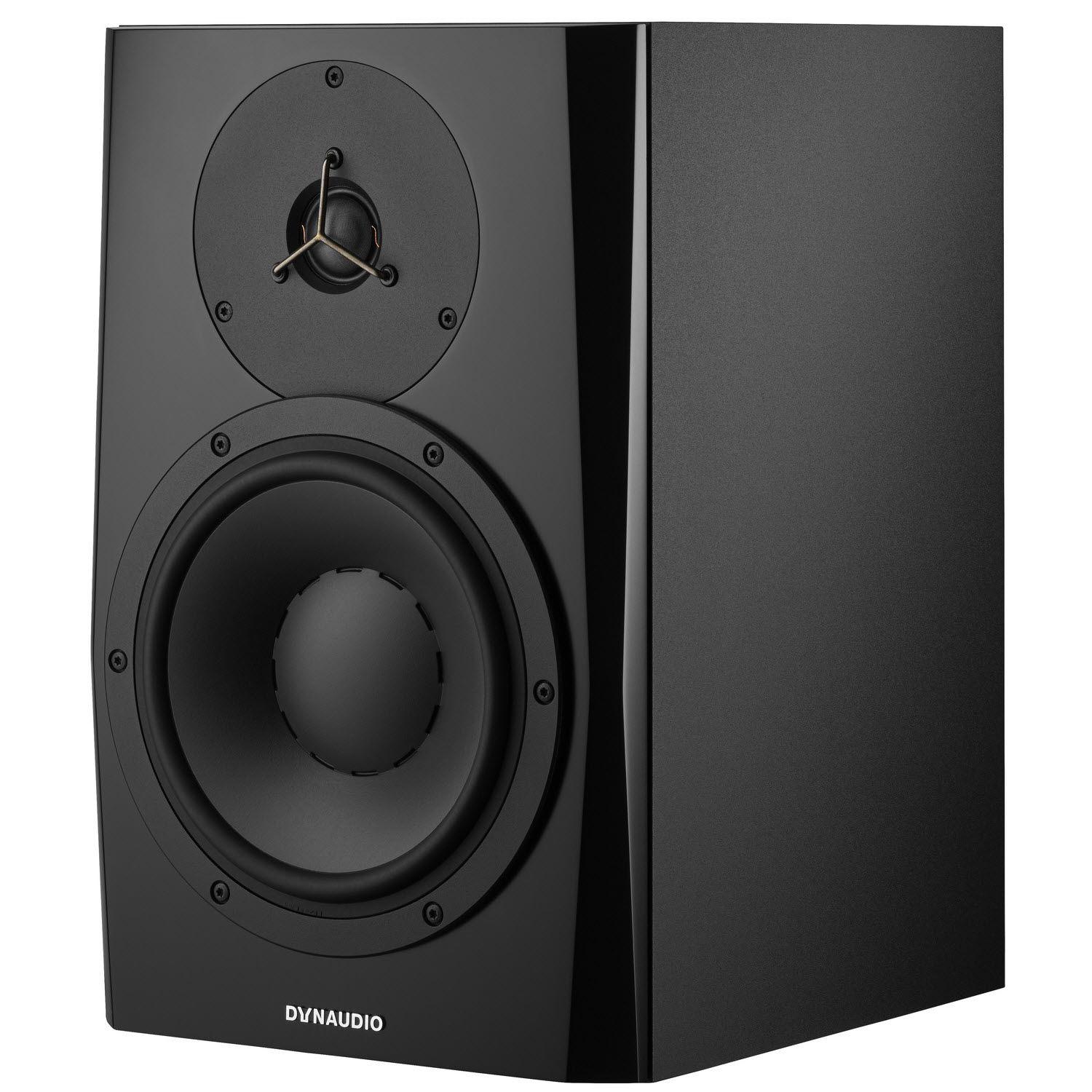
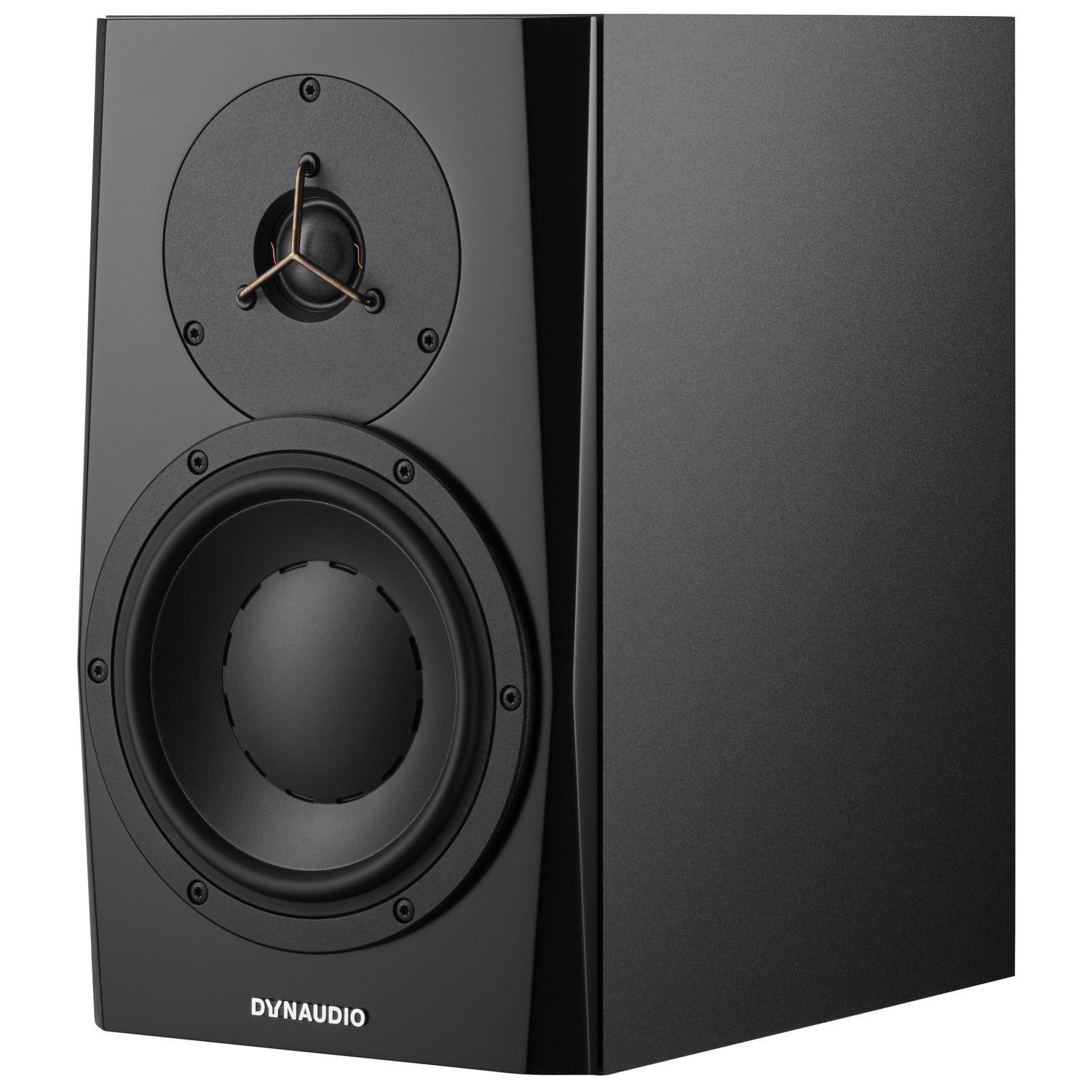
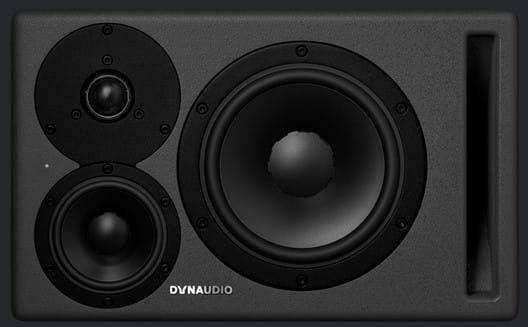
.jpg?width=152&height=190&store=vi&image-type=small_image)
